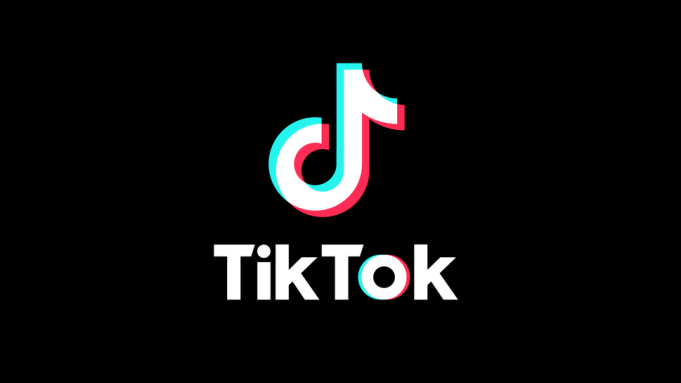The U.S. House Committee on Energy and Commerce is unfazed to vote on legislation requiring ByteDance, the Chinese company behind TikTok, to divest from the app within six months or face a potential ban in the United States.
This move is in the U.S. government’s efforts to address national security concerns surrounding TikTok, which boasts of, approximately 170 million users in the country.
Representative Mike Gallagher and Representative Raja Krishnamoorthi introduced the legislation in response to worries about Chinese ownership of TikTok. “TikTok could live on, and people could do whatever they want on it provided there is that separation, It is not a ban – think of this as a surgery designed to remove the tumor and thereby save the patient in the process.”
Gallagher reiterated while enjoining ByteDance investors for support. Under the bill, ByteDance would have 165 days to divest from TikTok; failure to do so would result in app stores like Apple and Google being prohibited from offering TikTok or providing web hosting services to ByteDance-controlled applications.
Although, with ByteDance’s objections, labeling the legislation as an outright ban, others argue that it is necessary to safeguard national security interests and protect the First Amendment rights of millions of Americans.
Press secretary Karine Jean-Pierre of the White House has expressed support for the proposed legislation, with efforts to address the threat posed by certain technology services operating in the United States.
Moreso, the popularity of TikTok and the complexities of passing legislation, especially in an election year, could present challenges to its approval.
Democratic Senator Mark Warner, while acknowledging concerns about the constitutionality of targeting specific companies, said “some concerns about the constitutionality of an approach that names specific companies” but will take “a close look at this bill.”
Mark had previously introduced a separate bill aimed at granting the White House increased authority over TikTok, highlighting ongoing efforts to address the app’s ownership and potential risks.



I don’t think the title of your article matches the content lol. Just kidding, mainly because I had some doubts after reading the article.
Thanks for sharing. I read many of your blog posts, cool, your blog is very good.